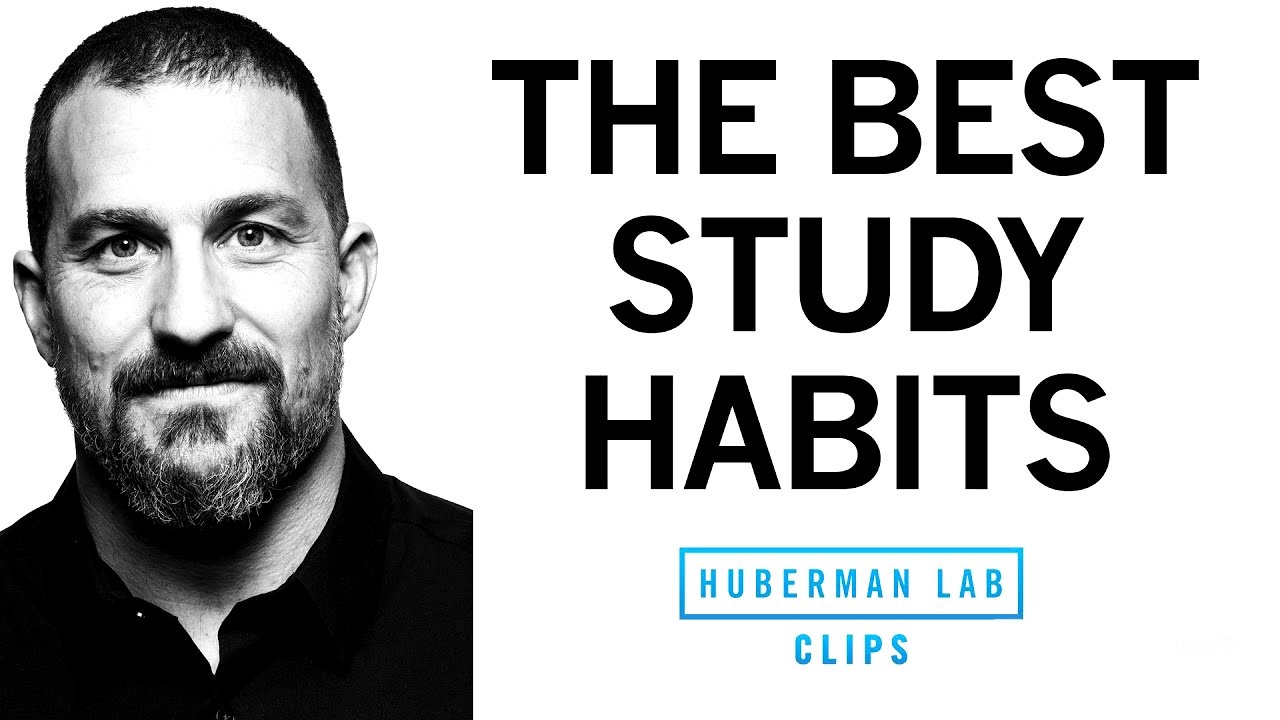TLDR;
This video provides insights into effective study habits based on a study of medical students. It highlights the importance of structured scheduling, minimising distractions, teaching peers, and embracing challenging material. The video also touches on the role of motivation and the benefits of regular study times for optimising focus and attention.
- Schedule study time and minimise distractions.
- Teach peers to reinforce learning.
- Embrace challenging material for effective learning.
- Maintain a long-term aspirational view of your studies.
- Regular testing aids knowledge retention.
How the Best Students Structure Their Days [0:00]
The video references a study of nearly 700 medical students to identify effective learning habits. While acknowledging the difficulty in establishing causality, the focus is on identifying habits consistently used by successful students. The study identified at least 10 study habits, with the top five or six appearing to have the most significant impact.
The Top 5 Habits for Learning [1:20]
Successful students schedule specific times for studying, which helps to eliminate distractions. They minimise distractions by putting their phones away and isolating themselves to study alone. These students typically study for three to four hours per day, broken up into two or three sessions, and maintain this routine for at least five days per week.
The Value of Teaching Peers (Watch, Do, Teach) [2:45]
The best students make an effort to teach their peers, which reinforces their own understanding of the material. The concept of "watch one, do one, teach one" is introduced as an effective method for learning and mastering new skills, applicable in various fields, including laboratory procedures and general studying. Teaching others helps to test and develop mastery of the material.
Willpower, Attention & Focus Are Limited Resources [4:47]
Focus and attention are limited but renewable resources. Adenosine buildup in the brain limits attentional capacity, highlighting the importance of scheduling study times when focus is optimal. Regularity in study times helps the brain adapt and improve focus during those periods.
Learning & Focusing are Skills [7:18]
Focusing on material is a skill that can be learned, especially when scheduling regular study times. Adapting to these schedules takes about two or three days, after which consistency is key. Minimising distractions, such as phones and Wi-Fi, is crucial for effective studying.
Motivation for Studying & Identity [7:54]
The best-performing students often have a long-term aspirational view of how their success will impact their family and life. This broad, abstract motivation serves as a driving force, especially when desire wanes or fatigue increases. This aspirational component complements the practical study habits.
The Value of Loving What You Learn [10:50]
Loving the material being learned can diminish the need for aspirational motivation. However, for less engaging material, attaching studies to an aspirational goal can be valuable. Courses that present a struggle can often be the most fondly remembered.
Studying That Feels Challenging is Most Effective [11:49]
Studying that feels challenging is the most effective method. Effort is the cornerstone of learning, and while the goal isn't to make studying painful, embracing the challenge is key.
Review (Pop Quiz) [13:03]
Testing is presented as a highly effective tool for building and retaining knowledge, not just evaluating it. Regular quizzes and self-testing can offset forgetting and reinforce learning.









